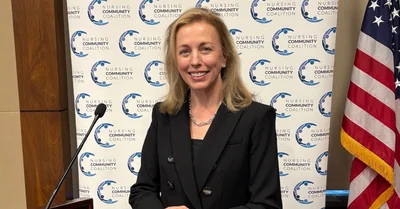The Environmental Protection Agency (EPA), the Department of Justice (DOJ), and the state of Illinois have reached a settlement with Cahokia Heights, Illinois. The city has been accused of violating the federal Clean Water Act and the Illinois Environmental Protection Act due to improper operation of its sanitary sewer system. As part of the settlement, Cahokia Heights is required to pay a $30,000 civil penalty and invest an estimated $30 million in infrastructure upgrades.
The complaint against Cahokia Heights claims that since November 2019, there have been over 300 instances where sanitary sewage was discharged from overflow points into nearby waters, contravening section 301 of the Clean Water Act. Additionally, untreated sewage was released in various locations throughout the community, affecting ditches, roads, yards, and homes. These overflows can harm water quality and damage property when they enter water bodies.
Assistant Administrator David M. Uhlmann for EPA’s Office of Enforcement and Compliance Assurance stated: “Cahokia Heights failed to maintain its aging sewer system, resulting in hundreds of illegal sanitary sewer overflow discharges that created public health risks and contaminated homes and the environment.” He added that this settlement involves significant input from the local community and includes substantial infrastructure investment aimed at reducing overflows.
Assistant Attorney General Todd Kim of the DOJ’s Environment and Natural Resources Division emphasized their commitment to ensuring compliance with environmental laws: “We are taking action to ensure that the city of Cahokia Heights operates its sewer system in a way that complies with the Clean Water Act.”
EPA Region 5 Administrator Debra Shore remarked on residents' concerns: “Residents are worried that change can’t come soon enough. This consent decree is a significant step forward.”
Illinois Attorney General Kwame Raoul highlighted collaboration efforts: “I am proud of my office’s collaboration with the Department of Justice and local and state entities as we work toward a solution.”
Illinois EPA Acting Director James Jennings expressed hope for future improvements: “It is our hope that this settlement... provides residents with further assurance...”
Under this agreement, Cahokia Heights will undertake more than 80 near-term capital improvement projects including constructing an interceptor to reroute wastewater flow. The city must also keep residents informed about progress through digital maps and real-time monitoring.
The proposed consent decree has been lodged in U.S. District Court for Southern District of Illinois. It is subject to a 60-day comment period before final court approval.





